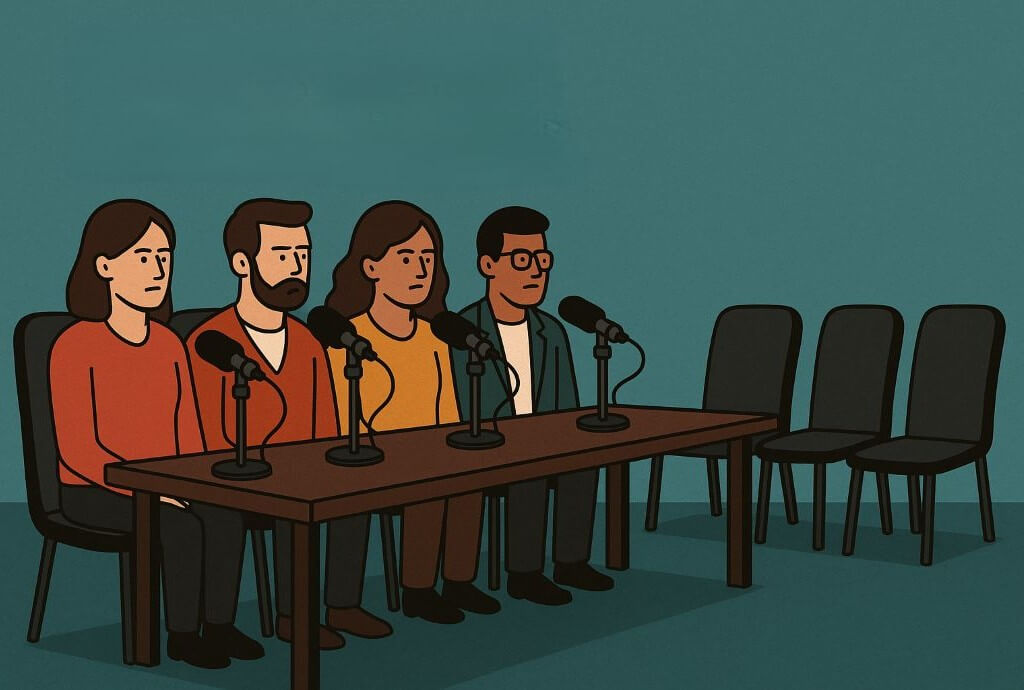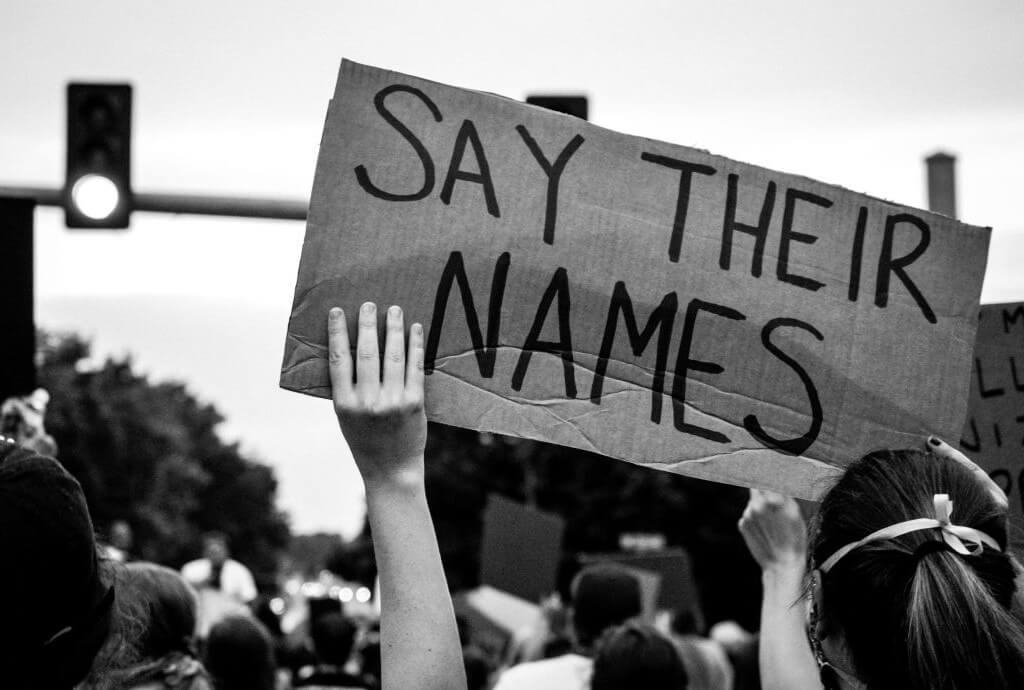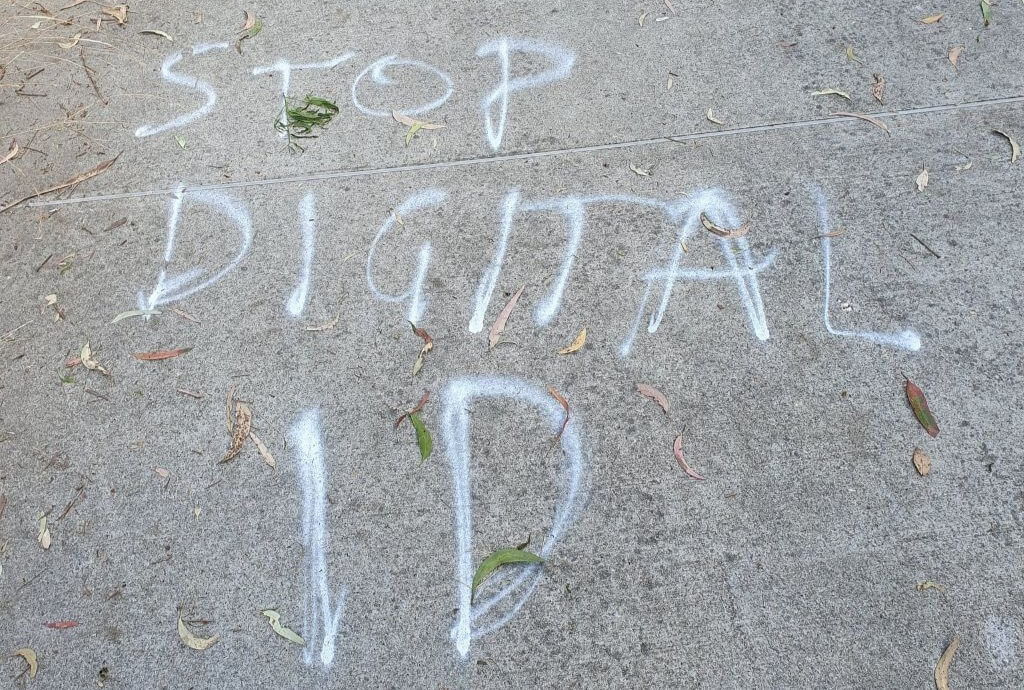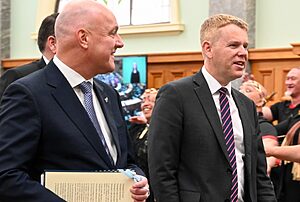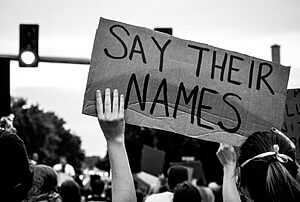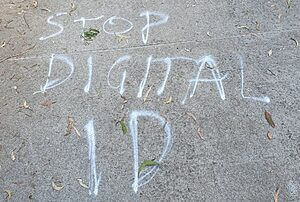In brief
- The Manalagi Project’s study on healthcare has some interesting information on NZ’s Pacific rainbow community but is worthless for showing discrimination.
- Playing the discrimination card, yet again, in what is widely recognised as a very tolerant society, is tiresome.
- How would a study this flawed be received by RNZ if it ran counter to the RNZ’s’s preferred narrative?
Questioning methodological rigour
RNZ has been actively and uncritically promoting the findings of the Manalagi Project – a study purporting to investigate, among other things, healthcare discrimination against New Zealand’s Pacific rainbow community. It does have worthwhile information on the group in the study, , but the methodology renders the headline conclusion – discrimination – next to worthless.

Community bias in sample selection
To begin with, the study’s 750 participants, predominantly from the Pacific rainbow community, are self selecting and self-reporting. This, alone, is enough that there can be no confidence in the applicability of any of the survey’s findings to the greater community.
Flawed definition of discrimination
The study’s key claim, that over half of the participants faced discrimination in healthcare, is based on self-reports of various “microggressions” and of being “treated different from Pākehā”. Notably, they say the discrimination they faced was most commonly related to their race (i.e. not their sexual orientation).
Needless to say, this discrimination may be real or imagined. Relying on highly subjective personal perceptions is not a scientific inquiry.
New Zealand is generally seen to be ahead of the curve when it comes to embracing the rainbow community, having given the green light to same-sex marriage back in 2013 and putting in place strong safeguards against discrimination based on sexual orientation. The country also scores high on tolerance and multiculturalism, with a society that’s big on celebrating diversity from all walks of life, regardless of race or identity.
The very concept of microgressions is, to many, an expression of what The New York Times attributes to the emergence of “victimhood culture”.
Another word for microgressions is “gripes”.
Funding source and biases
The project’s funding, partially sourced from advocacy groups Health Research Council of New Zealand and F’INE Pasifika Aotearoa-Trust, also casts doubt on the impartiality of its conclusions. Even if actual science is done on something like the emissions from cars, but funded by an oil company, many discount it for its funding source alone. Why should this non-scientific Manalagi study be treated any more favourably?
Advocacy is the driving force here
Lead researcher Seuta’afili Dr Patrick Thomsen’s known advocacy roles do not position him for objectivity. The study often seems more like a platform for social justice issues than an unbiased research project. Exhibit 1 – “Pacific Rainbow+ peoples are imbued with an inherent and unquestionable mana that is gifted from our ancestors and the heavens.”
Also, recommendations for more gender-affirming care for Pacific peoples, framed as a universal need, is a wish list item, not a scientific conclusion. How many other areas of health in NZ would have the same request for more resources?
In conclusion, the Manalagi Project fails to meet the standards of objective inquiry. Its approach, akin to “colonisation” rhetoric disguised as research, lacks the rigour expected in reputable scientific work. It does not seem to be peer reviewed or destined to be published in any scientific journal. It reads as more of an advocacy effort to be promoted through the media than a genuine contribution to knowledge.
Consider how a study this flawed would be received by RNZ if it was critical of the rainbow community, the COVID vaccine, climate change, etc.

